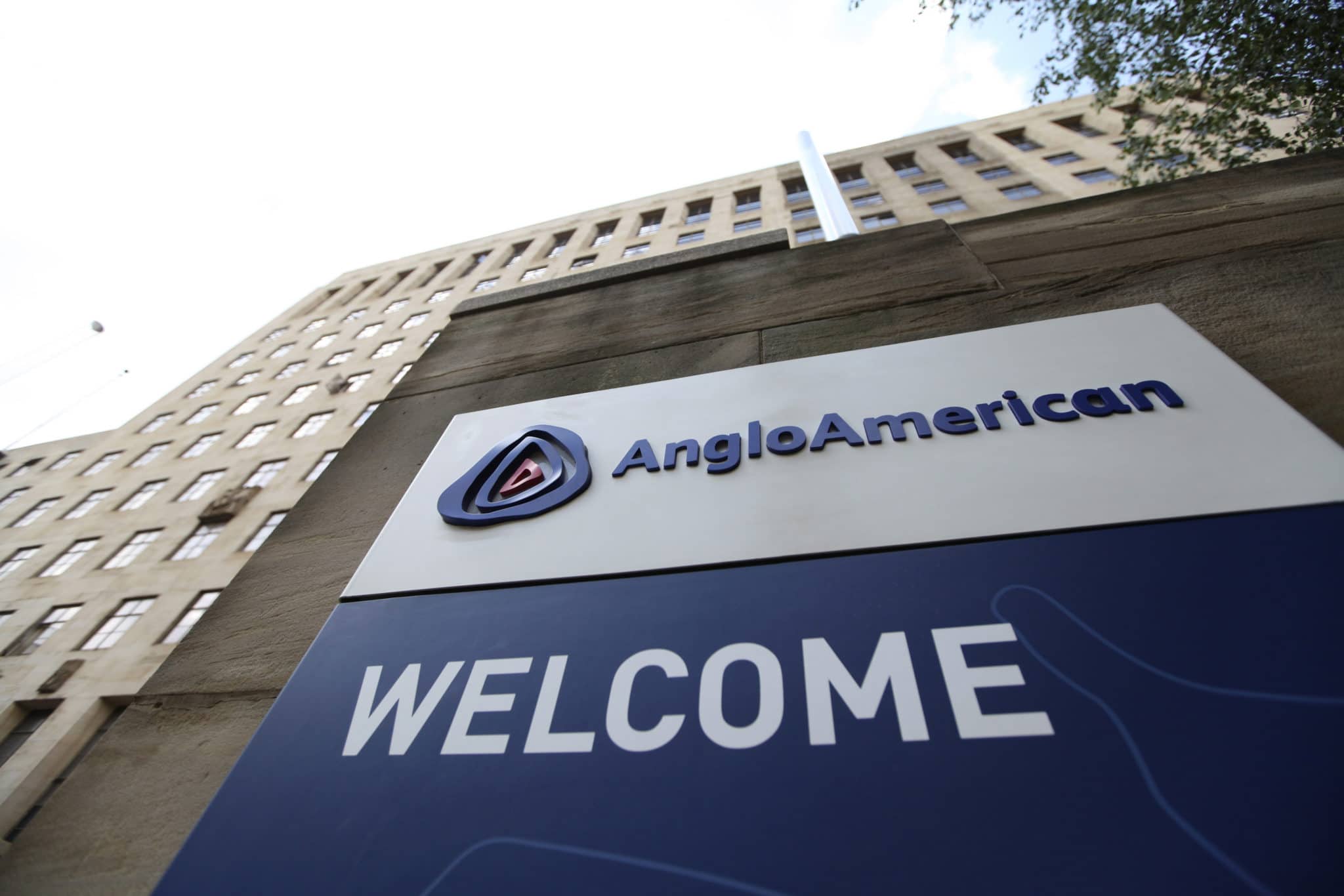
LONDON, July 25 (Reuters) – Anglo American took a further $1.6 billion writedown on its costly British fertiliser project on Thursday, but the miner said it expects to reach a deal for the sale of its coal assets by early 2025, despite a fire at one of its mines.
CEO Duncan Wanblad is under pressure to boost returns to investors and demonstrate he can deliver on his May 14 plan to radically refocus the company on copper and iron ore, after fighting off a $49 billion takeover attempt from bigger rival BHP Group.
Wanblad pinned his approach on getting an early start with selling Anglo’s coking coal assets in Australia, but a fire at its Grosvenor mine threatened to set back the timing with a likely hit to the deal’s valuation.
Anglo said the company plans to conduct a two-stage auction process for the coal assets, including Grosvenor, adding that the mine would probably only resume operations under a new owner.
“There are so many interested potential buyers for this set of assets,” Wanblad told reporters.
“Our expectation is that hopefully by the end of this year, very early next year…we will have a deal,” he added.
Anglo’s shares were unchanged at the London market open.
The CEO said Anglo is still looking for partners at its Woodsmith fertiliser project in northern England, despite the impairment. It already wrote down $1.7 billion on the project a year ago.
The miner also said its nickel assets in Brazil have attracted interest from potential buyers.
“We have had inbound interest from a number of credible parties and we will be starting a formal process later this year,” a spokesperson told Reuters via email.
The company declared an interim dividend of $0.42 per share, down from $0.55 a year earlier and far below the record levels of 2021.
It posted a $672 million loss for the first half, mostly reflecting the impairment at Woodsmith, while core earnings or EBITDA of $5 billion was slightly lower than $5.1 billion a year earlier but above the $4.6 billion seen in an analysts’ consensus estimate.
Anglo cut diamond production by 19% during the first six months of the year amid lower prices. Production guidance at its De Beers unit was revised down to 23-26 million carats from 26-29 million to help preserve cash.
The company’s restructuring plan includes the divestment of De Beers and also of its nickel mines, and the demerger of its South African platinum unit.
(Reporting by Clara Denina in London and Felix Njini in Johannesburg; editing by Jon Boyle and Jason Neely, Kirsten Donovan)

